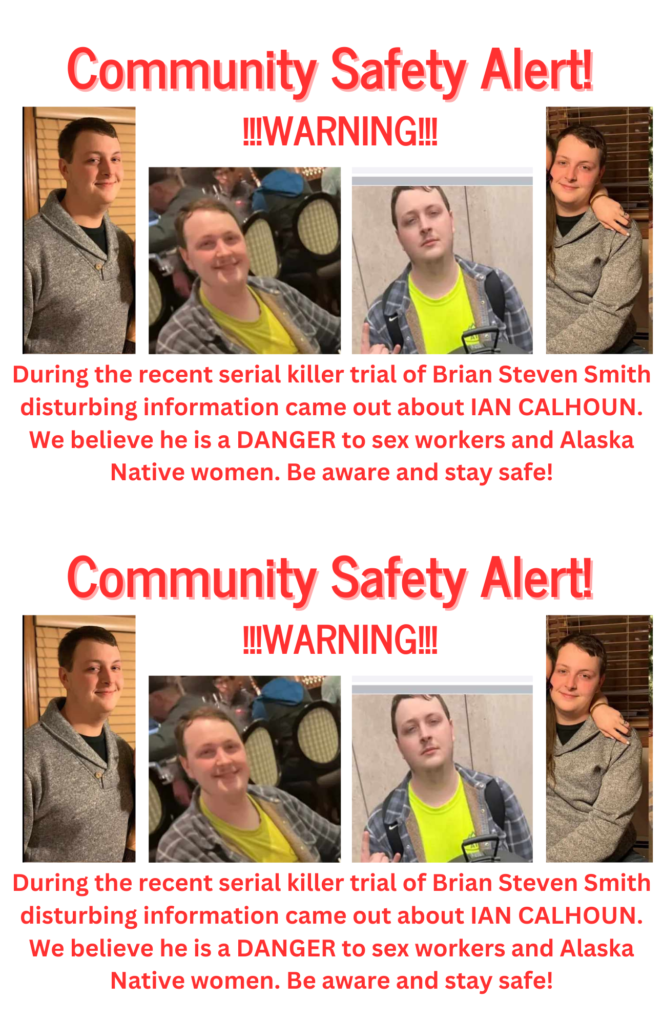Book Review: Sex Work Policy: Participatory Action Research By Sex Worker and Sex Trafficking Survivors by Amber Batts
This book is an easy read and is, simply put, devourable.
It explains complex policies and issues in simple language, helping people without a policy background understand what sex workers are going through and what can be done to improve our lives. With its combination of research, personal stories, and clear policy recommendations, Sex Work Policy is a powerful tool for anyone looking to learn more about sex work in the U.S. or Alaska specifically.
Sex Work Policy shares the experiences of people working in the sex industry and how laws and policies affect their lives. Unlike many other books that talk about sex workers, this one is written by sex workers, using participatory action research (PAR) to put sex worker voices front and center.
This makes it a must-read for anyone who wants to understand the real impact of policies on sex workers’ health, safety, and working conditions.
One standout chapter is People in Alaska’s Sex Trade – Their Lived Experiences and Policy Recommendations written by someone I am grateful to know and call a friend, Tara Burns.
Tara Burns, MA, is an Alaskan sex worker, sex trafficking survivor, and researcher. She was the first registered lobbyist in the State of Alaska to lobby for the rights of sex workers. She is a member of Community United for Safety and Protection (CUSP) and has been the research and policy director for COYOTE RI since 2020. In the People in Alaska’s Sex Trade chapter, she shares important findings from her research in Alaska. She covers the methods used, survey results, and demographics of participants, giving a clear picture of what sex trafficking and the force of the law look like in our state. Her firsthand accounts from sex workers in Alaska show how current state and federal sex trafficking laws affect the lives of people in the sex trade here in our state. Tara also provides a summary of policy recommendations to make things better for people in Alaska’s sex industry.

Now available on Amazon!
The book contains 13 chapters, each addressing different aspects of sex work policy in the U.S., Rhode Island (RI), and Alaska (AK). These chapters cover a myriad of interesting and important topics such as Assessing Public Services, Policing Modern Day Slavery in RI, After FOSTA, Sexual Health. Each one dives deep into the realities of how sex workers are impacted by current policies and offers ideas for change.
The chapter on sexual health brings up key points about how policy can better support the health of those in the industry, which is a crucial but often ignored aspect of sex work.
In findings from Chapter 7: US, RI and AK Surveys: Trafficking Exploitation Violence and Arrest, surveys reported higher rates of violence within the sex industry, drawing data from three surveys; the US survey; the Rhode Island survey; and the Alaska survey.
Comparing responses of those who’ve been victimized within the industry to the larger group of sex workers helps to understand how current policies serve (harm) the most vulnerable and victimized sex workers.
It is an eye opening chapter, the numbers reporting violence – 74% of Alaskan participants reporting being the victim or witness of a crime within the industry – that they did not report. This has recommendations for the police as well as clearly defined policy insights. Public Safety could be greatly improved by a policy requiring police to take reports from sex workers and prohibiting them from arresting or threatening to arrest sex workers who are making reports. Things that will keep everyone in our community safe.
Sex Work Policy is an essential resource. It’s written by sex workers for sex workers, providing important insights and recommendations on how laws can be improved. Whether you’re interested in U.S. sex work policies or the specific experiences of those in Alaska, this book is both informative and easy to understand.
This book isn’t just about what’s wrong with current laws, it’s about how things can be made better, based on real experiences. The participatory action research approach gives people in the sex industry a platform to talk about what’s really happening, which is rare in policy discussions.
Essential reading for activists, policymakers, and anyone who cares about human rights.




